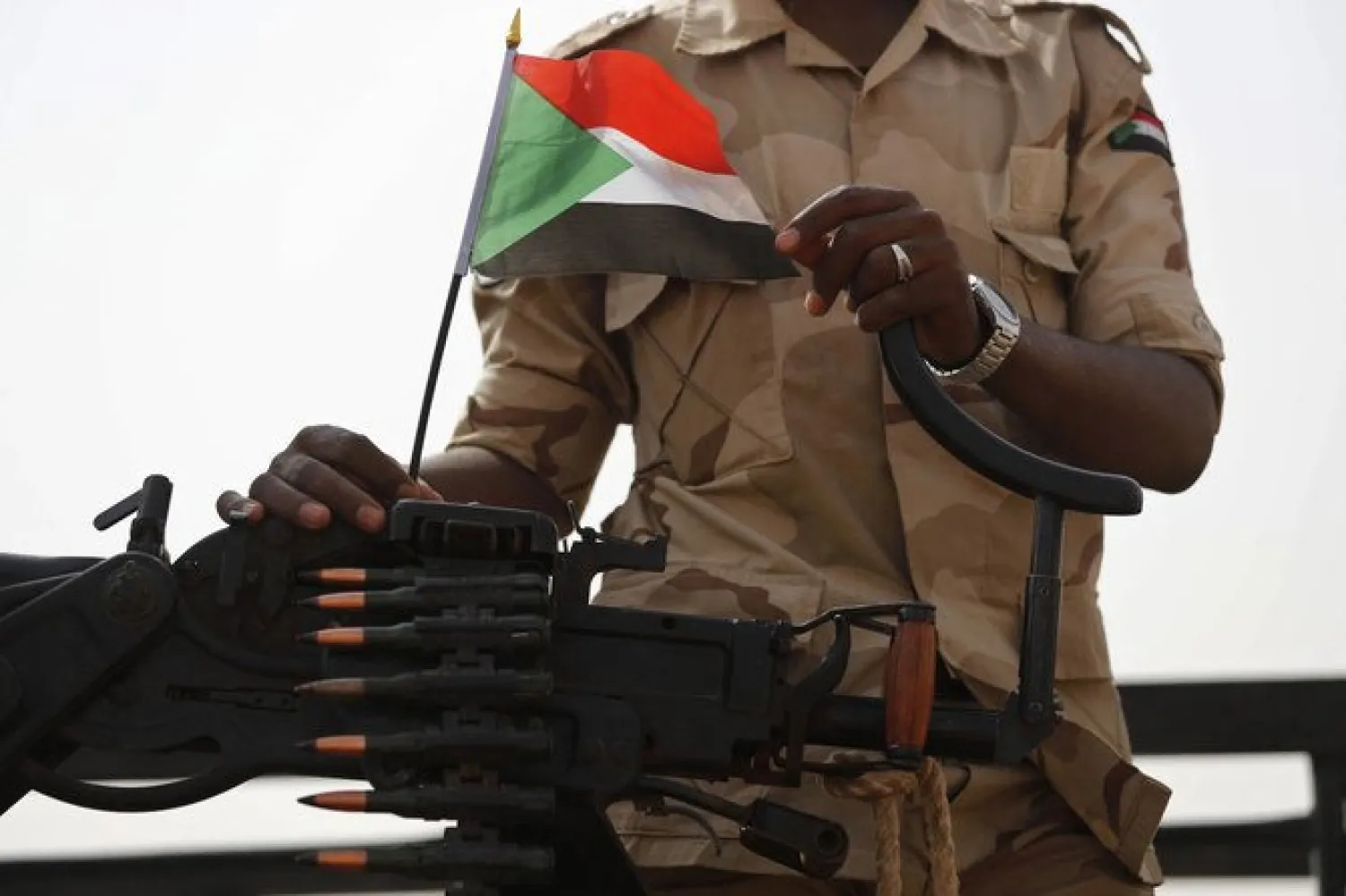Sudan’s foreign minister said Thursday that the army has restored control over all lands along the border that had been taken over by Ethiopian farmers.
“The armed forces have now fully recovered all Sudanese territory,” minister Omar Qamareddine told a Khartoum press conference.
“The borders have already been demarcated, all that’s remaining in our talks ... is increasing the border signs,” Qamareddine said.
Tensions have flared between the two countries over the Al-Fashqa region of the border, where Ethiopian farmers have been cultivating fertile land which is claimed by Sudan.
The region has seen sporadic clashes over the years but new fighting erupted in November when the federal government sent troops into the neighboring Tigray region of Ethiopia against the regional authorities.
Some 50,000 Ethiopian refugees poured across the border to escape the fighting.
Earlier this month, Khartoum accused Ethiopian “forces and militias” of ambushing Sudanese troops along the border, leaving some four dead and more than 20 wounded.
Addis Ababa downplayed the reported ambush, saying it did not threaten the relationship between the two countries.
Sudan has since deployed troops to the border region, and held demarcation talks with its eastern neighbor, AFP reported.
Ethiopia’s foreign ministry spokesperson Dina Mufti blamed “outside forces” for the tensions with Sudan.
She said in a Wednesday briefing that these forces hold “no care for both Ethiopian and Sudanese people, but want the region to be in chaos and want to benefit from that chaos.”
In the same context, Chairman of Sudan's Sovereign Council Abdel Fattah Al-Burhan on Thursday said the Sudanese army has not gone beyond the international border with Ethiopia or attacked it.
"What is happening at the eastern region adjacent to our border with Ethiopia is redeployment of the Sudanese armed forces within their territory," said Al-Burhan in a speech to the Sudanese people on the 65th anniversary of Sudan's Independence.
"The Sudanese Armed Forces have not and will not go beyond the international borders or attack neighboring Ethiopia," noted Al-Burhan.
He went on saying that "We have been and are still keen to address the issue of violations by Ethiopian farmers and those who back them on Sudanese lands through dialogue."
Al-Burhan further noted that joint mechanisms have been formed for this matter considering the historical and special relations between the Sudanese and Ethiopian peoples.
He stressed that dialogue and negotiation will remain the guiding approach until everyone gets his right.









